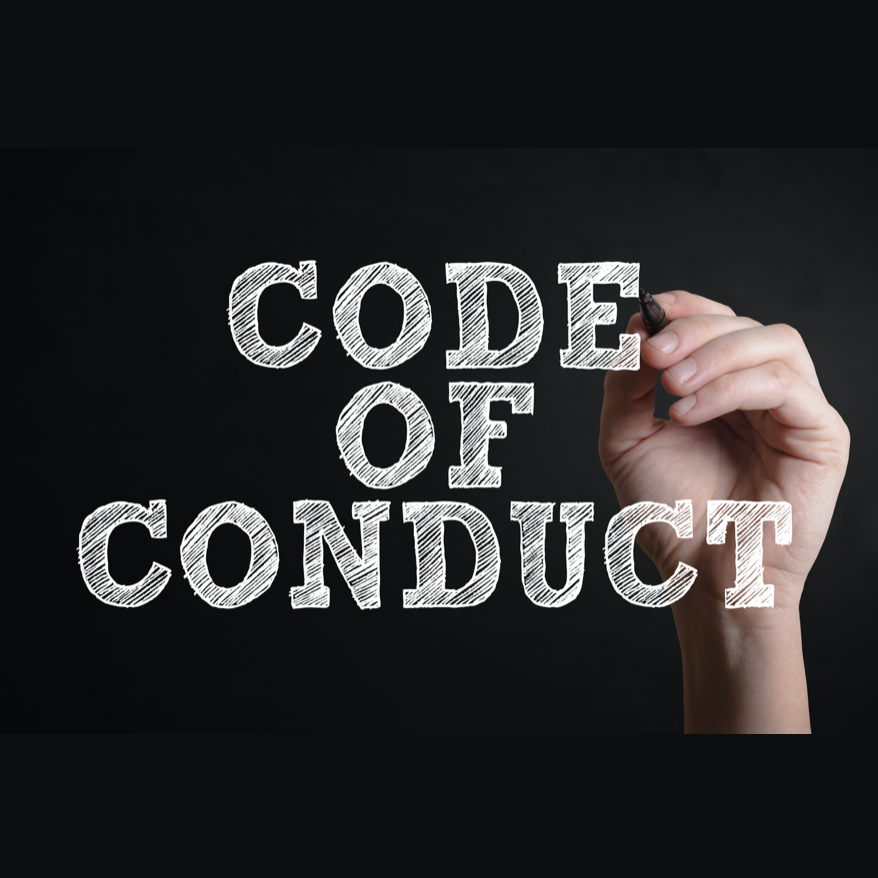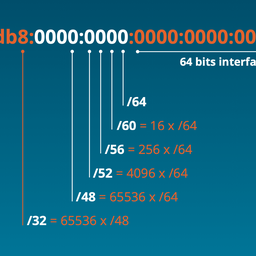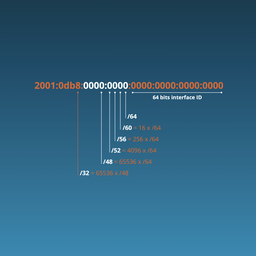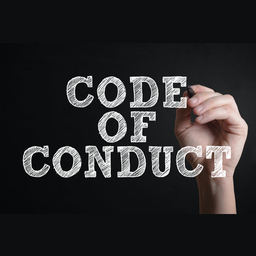A Code of Conduct Task Force (CoC TF) was formed to update RIPE’s Code of Conduct and supporting processes following discussion at RIPE 80. Consensus on the first of three documents (RIPE Code of Conduct) was reached late last year, and we have since been working on the second document, which outlines processes that will govern how a future Code of Conduct Team handles reports. Our first draft is now published, and we would like to hear what you think.
The RIPE Code of Conduct Task Force has published a draft process document which draws from the processes used in the Mozilla and Python communities. We are seeking feedback on the document as a whole and on two specific questions.
Process Steps
Our draft document describes the high level steps in a process. The full document has more detail but here is a brief summary:
- Report is submitted.
The Code of Conduct Team will respond to reports and not look for situations to investigate. - Assessment group is formed.
Two members of the larger Code of Conduct Team will work with a qualified RIPE NCC support person to investigate the report. Anyone with a conflict of interest cannot join this group. - Report is assessed.
The assessment group will investigate, review evidence, and speak with people as required. They will do their best to be discreet. - A decision is made.
The assessment group will decide whether there has been a breach of the Code of Conduct. If the reported incident was a breach, they will decide on which consequences should be applied. They will notify the people involved in the report of the decision. They will also notify both the RIPE Chair and RIPE NCC before implementing any decision with serious consequences. - Required actions are taken. The assessment team will arrange for the RIPE NCC to implement any decisions. If anyone in the report disagrees with the decision, they can make an appeal at this stage.
- Decision is recorded.
The RIPE NCC will record all reports and assessments in a system that will help it to manage consequences (e.g. banning someone from a mailing list for a defined period). The RIPE NCC will also use the system to report anonymised statistics to the community. This section also explains how personal data will be handled.
Consequences
We have listed examples of potential consequences for breaching the Code of Conduct. We think that these lists should be examples. We want the Code of Conduct Team to use their best judgement when making decisions.
Our Questions
- How much authority should we delegate to the Code of Conduct Team? In the current draft they make the final decision, though they are expected to inform the RIPE Chair and the RIPE NCC before any serious actions are taken. Would you prefer to see a threshold beyond which their decisions become advisory?
- The approach in the current draft retains any personal data for 18 months or 36 months in more serious cases. After this point, all personal data is removed so that the assessment can be recorded indefinitely. This will allow the CoC Team to compare its actions against past cases and share (anonymised) statistics with the RIPE community. Retaining personal data for these periods will help the CoC Team to identify patterns such as people who repeatedly show disregard for others or who make a habit of submitting reports in bad faith.
The RIPE NCC will ensure the record keeping system meets all legal requirements, but we are curious to hear your thoughts on the wider point. Are you happy with this approach? Alternatively, would you prefer to limit the CoC Team's visibility in terms of the people involved in past reports?
What Do You Think?
Please look at our questions and send your thoughts on them (and the rest of the document) to the RIPE Discussion List by 2 May 2022. Do we need to make changes? If so, what should they be?





Comments 0
The comments section is closed for articles published more than a year ago. If you'd like to inform us of any issues, please contact us.